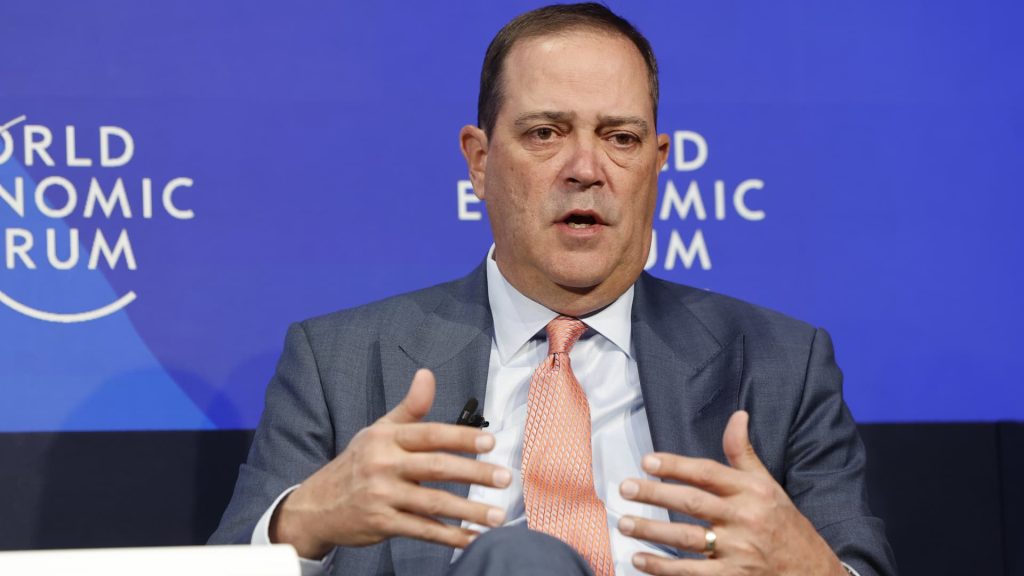Cisco Systems says it is not using artificial intelligence to reduce headcount — a stark contrast to many of its Big Tech peers. “I don’t want to get rid of a bunch of people right now,” Cisco CEO Chuck Robbins told CNBC on Thursday after being asked by Jim Cramer about the potential savings offered by agentic AI. Even more so in the case of engineers, Robbins added, “I just want our engineers that we have today to innovate faster and be more productive. That gives us a competitive advantage.” Agentic AI refers to digital systems that can bring human-like problem-solving to tasks that require little supervision, such as customer service, and increasingly more difficult tasks like writing software. Robbins’ approach differs from other major tech firms that appear to be using AI technology as a gateway to reduce labor costs. Club names Microsoft and Amazon are just a couple of companies that have recently slashed employees by the thousands. In early July, Microsoft alone cut roughly 9,000 of its global workforce. “Most of my peers would suggest that they do expect to be hiring fewer people if we get this right,” said Robbins, who did not rule it out down the road. “It’s early.” Fortunately for the networking equipment provider, its latest quarterly earnings and revenue beats and slightly higher guidance indicate that management’s direction is not hurting the company. “Agentic is the destination” for most of Cisco’s webscale customers, Robbins said. The company more than doubled last year’s original $1 billion AI infrastructure order target for fiscal year 2025, with in fiscal Q4 alone exceeding $800 million for the quarter. Webscale customers refer to the major tech household names such as Amazon , Meta Platforms , and Microsoft . Cisco is the Club’s newest stock. We initiated a position in mid-July and have since made two more buys on the promise of how the company can help its customers with AI. Cisco is one of the 30 stocks that make up the Dow Jones Industrial Average . “Historically, the way you want to review Cisco is by following the orders because that’s what leads to revenue,” said Jeff Marks, director of portfolio analysis for the Club, during the August monthly meeting. Cisco did not release AI revenue guidance for its next fiscal year. But on Wednesday evening’s post-earnings conference call, Robbins confirmed roughly $1 billion in AI revenue from webscale customers for fiscal year 2025. A blemish that did raise investor eyebrows, and contributed to Thursday’s 1.5% stock decline, was its security segment. Cisco closed its $28 billion deal to buy the Splunk cybersecurity platform in March 2024, on the promise of driving financial growth and enhancing its security capabilities. Benefits from Splunk have been pushed out as the division saw some growth but missed on revenue. Cisco attributed the weakness to its U.S. federal government business, which has been affected by budget cuts. Excluding the federal business, the larger part of Cisco’s security business grew by double digits. Marks said the Club would “buy some” more of Cisco shares if the stock were to dip further below its current trading levels of about $69 per share. The stock hit a 52-week high of $72.55 on Monday.


